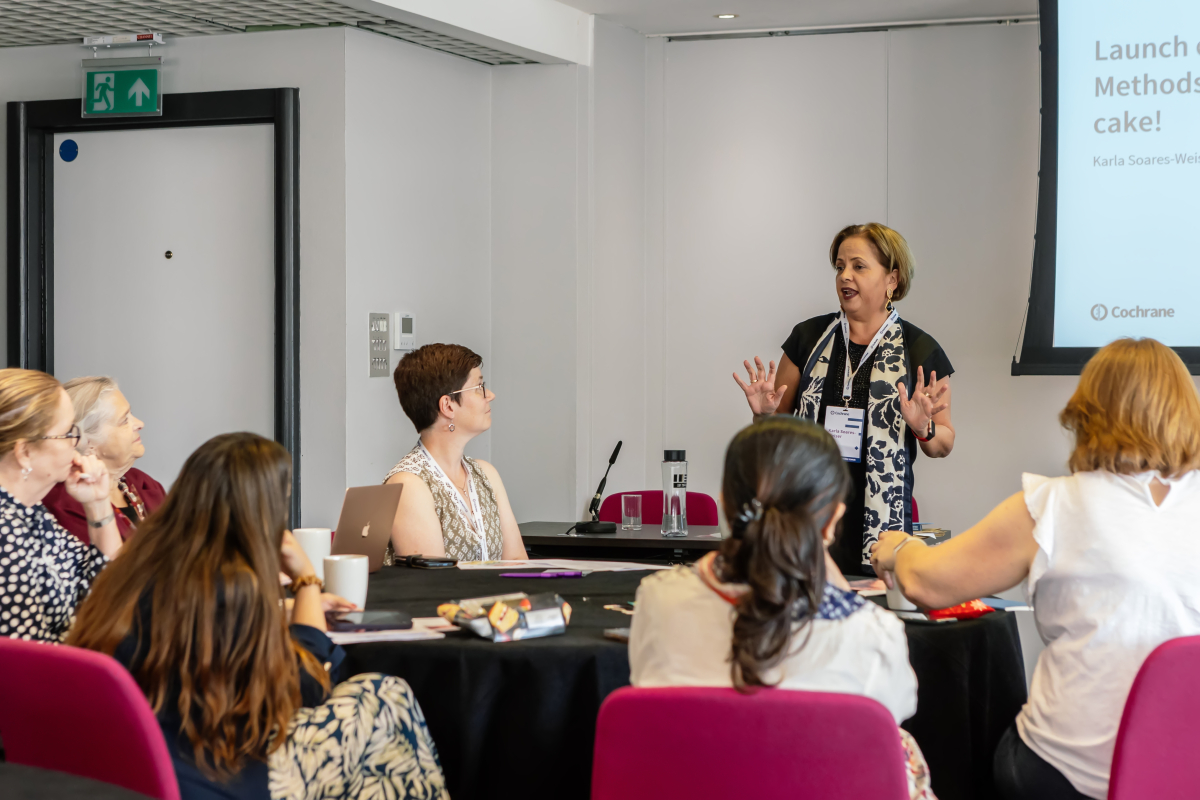
The Cochrane Co-Production Methods Group was launched at the September 2023 Cochrane Colloquium, to promote and develop methods for co-production in evidence syntheses on health and care topics. On this page, we outline the scope of our work and provide a brief introduction to our Board members.
Scope of our work
Our group understands co-production in evidence synthesis to mean people (such as, though not restricted to, patients, carers, health professionals, policy-makers, researchers) working together in ‘a partnership’ to produce and/or disseminate evidence syntheses (Hoddinott et al., 2018).
By evidence syntheses, we mean any research method that systematically brings together evidence to answer a healthcare question, including Cochrane systematic reviews and other forms of quantitative and qualitative reviews of evidence.
More generally, our work has three main aims:
1. To spearhead methods research and development in the field.
We:
- bring together a community of people with expertise and/or interest in furthering the development of methods of co-production of evidence syntheses;
- promote and encourage the use, reporting and evaluation of methods of co-production of evidence syntheses;
- identify and promote priorities for research relating to methods of co-production, and encourage and support people to lead and collaborate on projects to address these priorities; and
- support and encourage collaborative research aimed at establishing an evidence base relating to the effectiveness and/or impact of different approaches to patient and public involvement in evidence syntheses.
2. To define best practice and ensure that Cochrane guidance for accepted methods is up to date.
We support the development of best practice for co-production of Cochrane reviews by:
- Collaborating on projects which aim to develop and define best practice in this field (e.g. MuSE, JBI knowledge user group) and apply the findings to Cochrane reviews;
- Collating and sharing resources relating to methods of co-production of systematic reviews, and good practice in patient and public involvement in research;
- Collating and sharing examples of good practice for co-production in Cochrane reviews; and
- Developing specific guidance for the conduct and reporting of co-production within Cochrane reviews
3. To serve as a discussion forum for the evidence synthesis community on specific methods, supporting and maintaining the membership of the Methods Group to facilitate this and other activities.
This core function of our group is delivered through regular meetings, a regular newsletter, and additional events (e.g. conference workshops).
Our Board
- Co-convenors
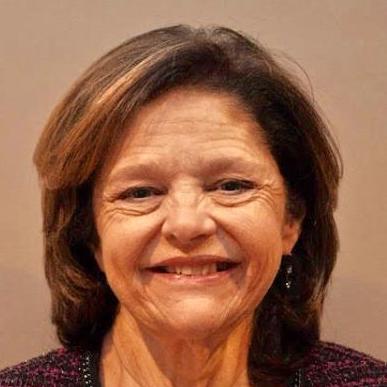 | 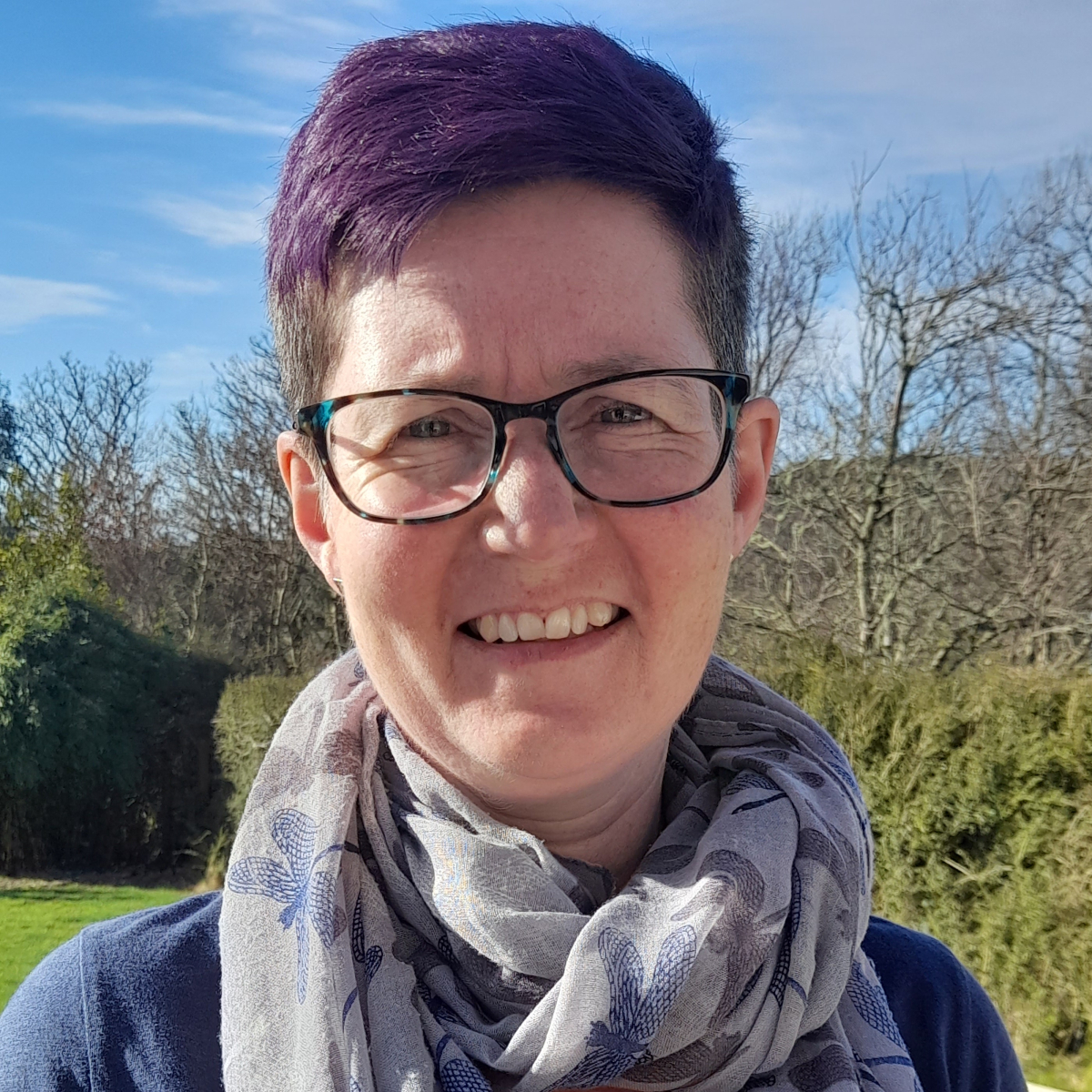 | |
| Maureen Smith is a citizen partner based in Canada. | Alex Todhunter-Brown is a Professor of Evidence Synthesis at Glasgow Caledonian University in Scotland, UK, who has a long history of involvement in Cochrane activities. | |
 |
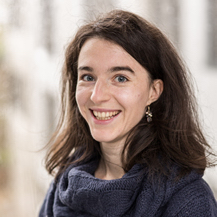 | |
April English is Cochrane's Patient and Public Involvement Manager. | Dr Nicole Pitcher is a public health researcher and Cochrane volunteer. |
- Other current Board members
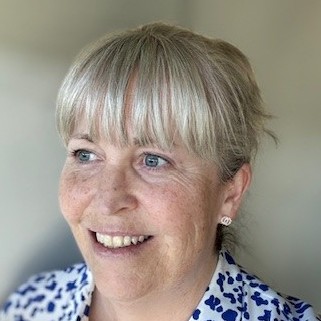 | Dr Lyndsay Alexander is an Associate Professor in the School of Health at Robert Gordon University, UK and Deputy Director of the Scottish JBI Centre. She is an applied health researcher and evidence synthesis methodologist and has an interest in PPI methods across both areas. | |
 | Dr Kate Boddy is a research fellow in the Patient and Public Involvement Team within NIHR’s Peninsula Applied Research Collaboration. She has a particular interest in a number of research areas including making research involvement inclusive, methods of involvement in highly technical research or untypical for PPI and PPI in evidence synthesis. | |
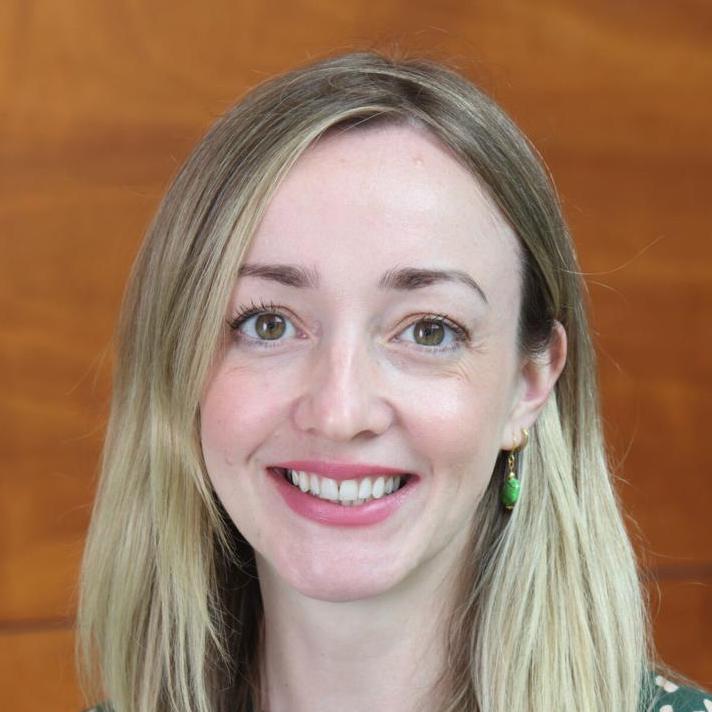 | Dr Nikita Burke is Programme Manager for Evidence Synthesis Ireland and Associate Director of Cochrane Ireland. She is interested in knowledge translation, and public involvement and engagement. | |
 | Dr Shoba Dawson is a health services researcher and methodologist with expertise in inclusive research, health inequalities, evidence synthesis, involvement & engagement, and trials. | |
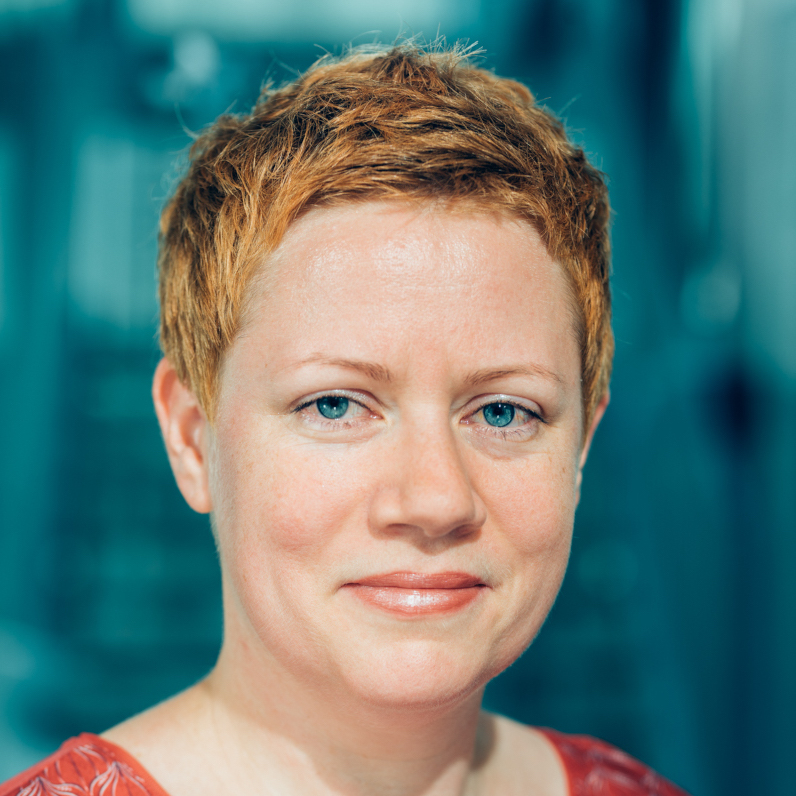 | Dr Ursula Griebler is a senior researcher at the Department for Evidence-based Medicine and Evaluation at the University for Continuing Education Krems, and her research focuses on evidence syntheses in the field of public health, with a particular emphasis on evaluating health promotion interventions. | |
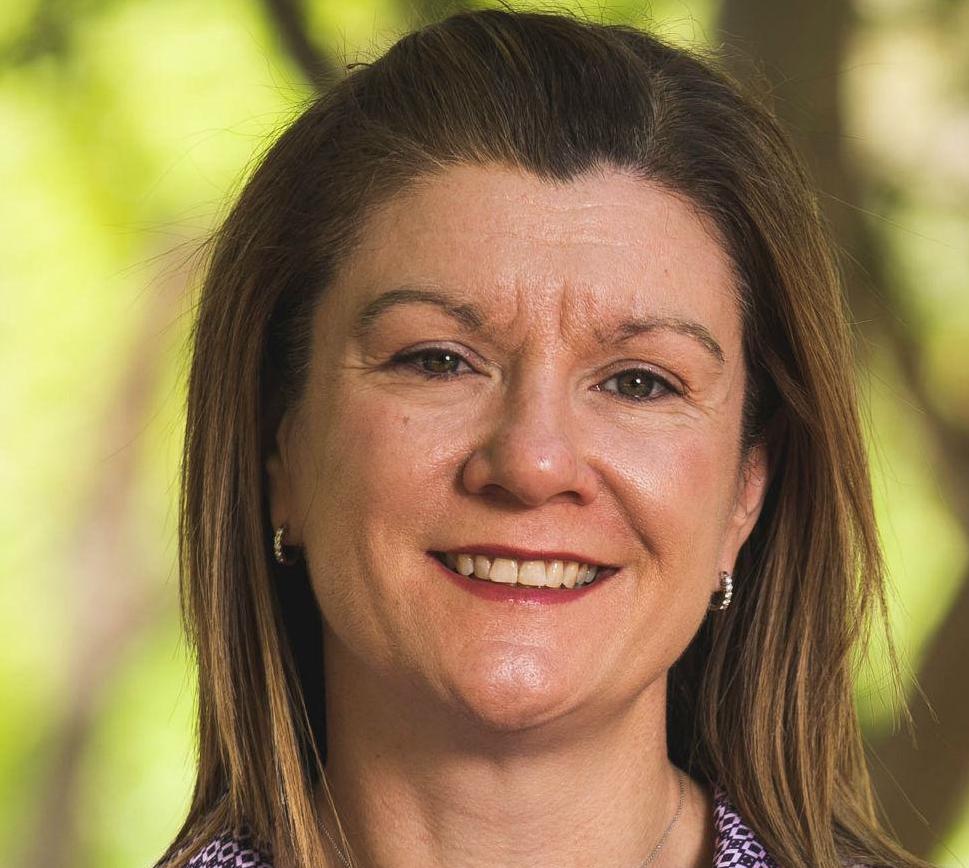 | Prof Zoe Jordan is Executive Director of JBI (a leading global organisation promoting and supporting evidence based healthcare) and an advocate for inclusive, equitable collaboration and engagement across all aspects of the evidence ecosystem. | |
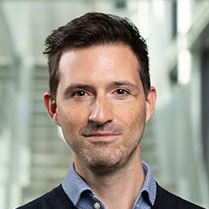 | Dominic Ledinger is a researcher and PhD candidate at Cochrane Austria, specialising in evidence synthesis and its methodology with a focus on knowledge user involvement. | |
 | Dr Biljana Macura is a Senior Research Fellow at Stockholm Environment Institute. She is an environmental social scientist with a primary focus on synthesizing scientific evidence to support decision-making in policy and practice across environment and development. She is the Editor-in-Chief of Environmental Evidence, a co-creator of reporting standards for environmental evidence synthesis (ROSES), and the handling editor of PROCEED, an open access registry of titles and protocols for prospective evidence syntheses in the environmental sector. | |
 | Dr Jack Nunn is the Director of the charity ‘Science for All’. His research area is in creating and evaluating equitable and ethical ways for people to get involved in all aspects of research and science. He is a member of the Cochrane Consumer Executive, Co-Chair of Citizen Science & Open Science Community of Practice and a member of the 'Standardised Data on Initiatives (STARDIT)' Steering Committee. | |
 | Barbara Nussbaumer-Streit is Professor for Methods Research in Evidence Synthesis at the Department for Evidence-based Medicine and Evaluation at the University for Continuing Education Krems in Austria. Her research focuses on rapid review methods and knowledge user involvement. | |
 | Dr Jennifer Petkovic is the coordinator of the Campbell and Cochrane Health Equity Thematic Group and the MuSE projects related to engagement in evidence synthesis and guidelines. | |
 | Ana Beatriz Pizarro is a registered nurse from Colombia with expertise in systematic review methods, knowledge translation initiatives, and health equity. She serves as the Future of Evidence Synthesis Implementation Officer at the Cochrane Central Executive Team and is also member of the Consumer Executive. | |
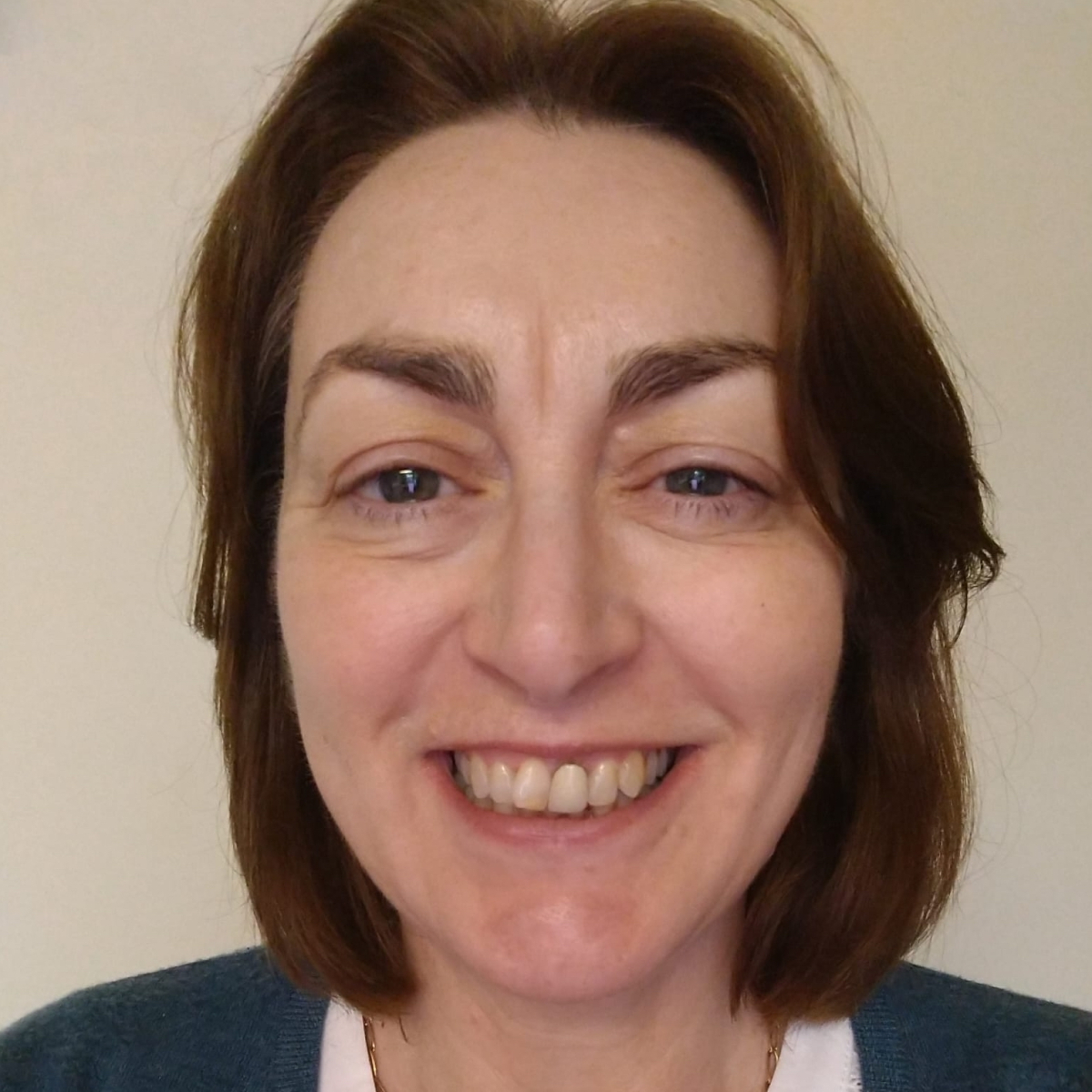 | Rachel Plachcinski is a member of Cochrane's Consumer Network Executive and an experienced freelance parent and public involvement facilitator. She is currently working on research projects with the Universities of Oxford, Birmingham and Nottingham, among others. | |
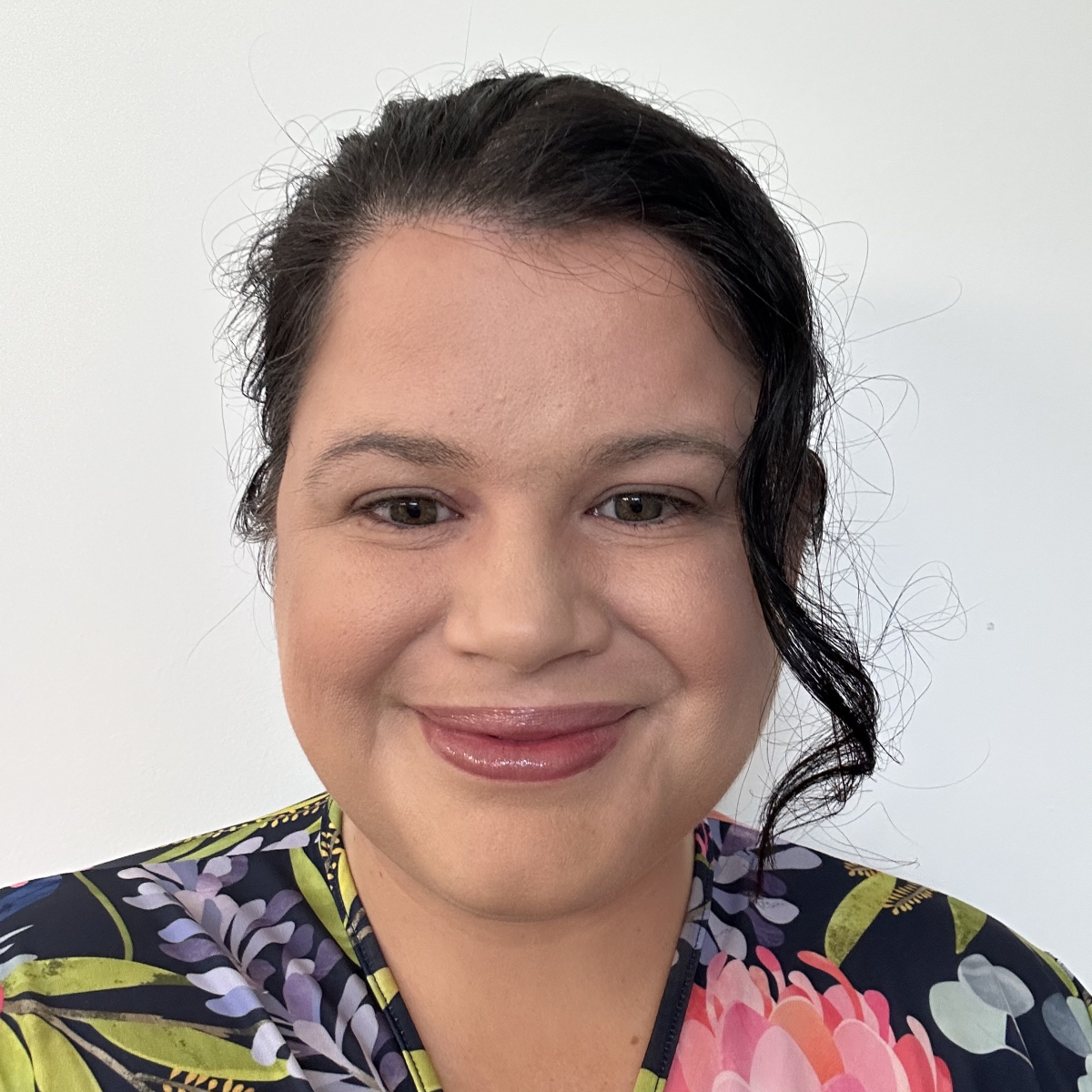 | Dr Danielle Pollock is lived experience stillbirth researcher, and evidence synthesis methodologist passionate about ensuring patient partners are at the centre of research. | |
 | Rebecca Rees enjoys crafting systematic reviews of all shapes and sizes and working with all kinds of people. She is known best for her work on qualitative and mixed-methods systematic reviews about young people's health and wellbeing. She is an Associate Director of the EPPI Centre, at University College London, UK. | |
| Dr Anneliese Synnot is a Senior Research Fellow at the Australian Living Evidence Collaboration, Monash University Australia. She researches consumer engagement in living evidence, including living systematic reviews and living guidelines. | ||
 | Professor Sophie Staniszewska leads the Patient and Public Involvement (PPI) and Patient Experiences Programme at the RCN Research Institute, Warwick Medical School, University of Warwick. | |
 | Jo Thompson-Coon is Professor of Evidence Synthesis and Health Policy at the University of Exeter in the UK where she leads several NIHR funded evidence synthesis groups. She has a particular interest in finding ways to ensure that the voices of public collaborators are at the centre of all her work. | |
 | Dr Andrea Tricco holds a Tier 1 Canada Research Chair in Knowledge Synthesis for Knowledge Users. She is currently the Nominated Principal Applicant for the Canadian Institutes of Health Research funded Strategy for Patient-Oriented Research (SPOR) Evidence Alliance, which uses a co-creation model to engage knowledge users. |
- Former Board members
Richard Morley, co-founder of this group and former Cochrane Consumer Engagement Officer.
Peter Tugwell, Professor in the Department of Medicine and School of Epidemiology & Public Health at the University of Ottawa.
